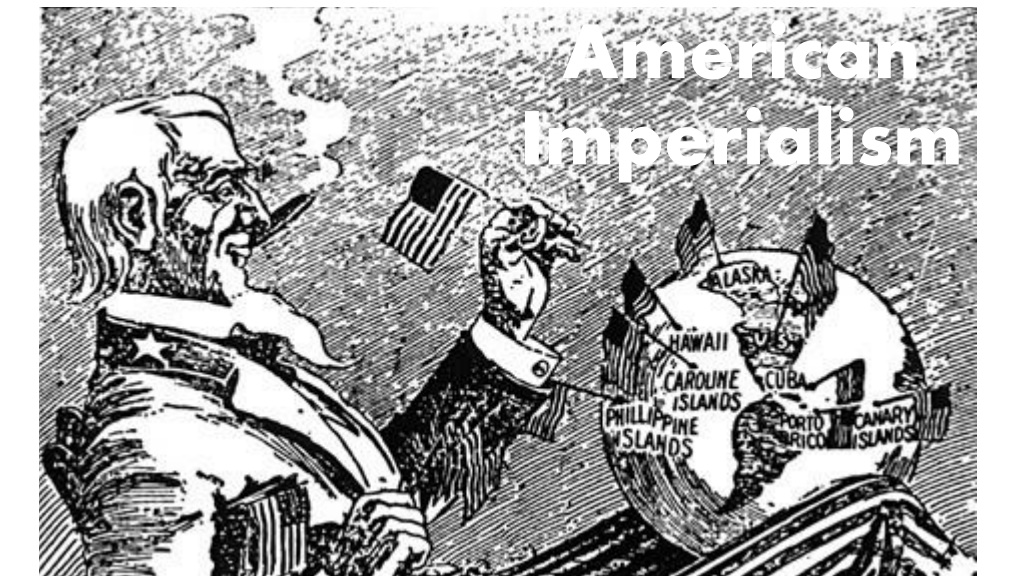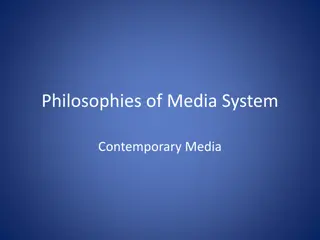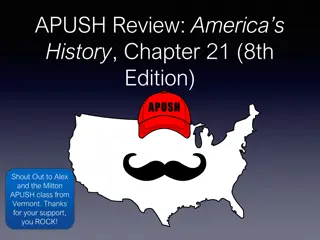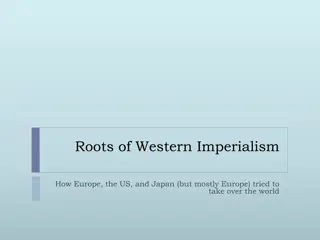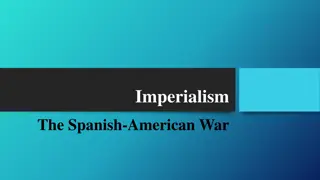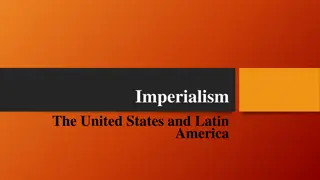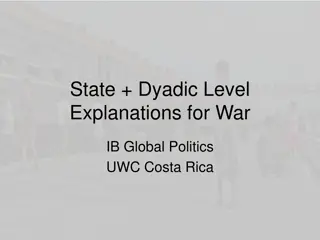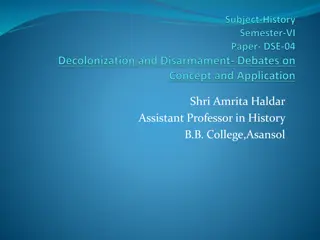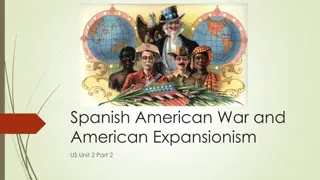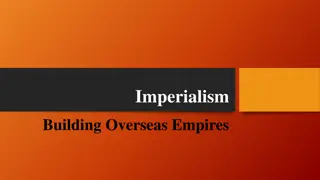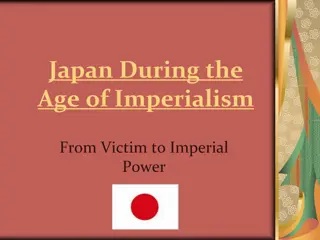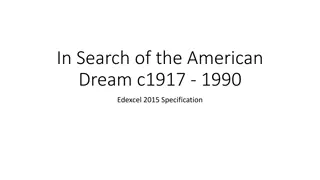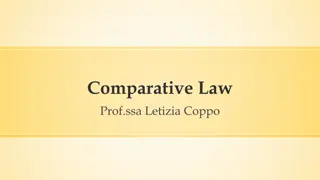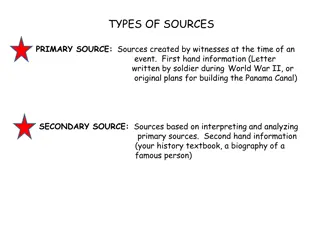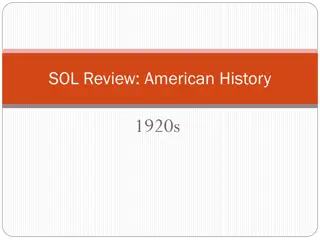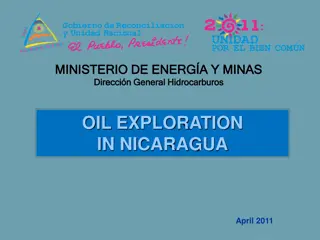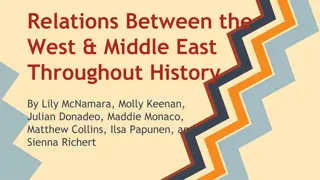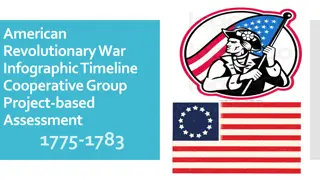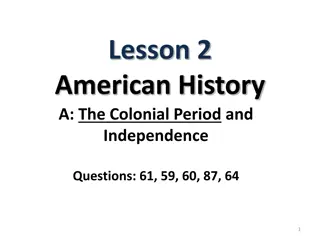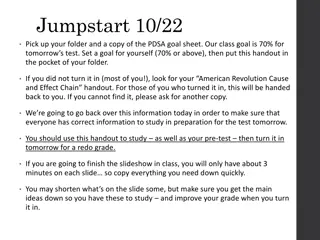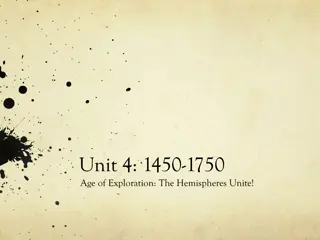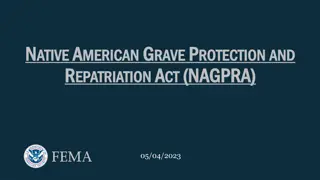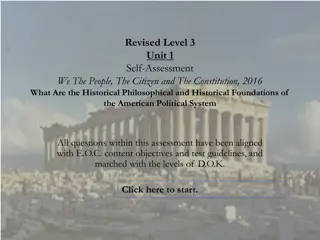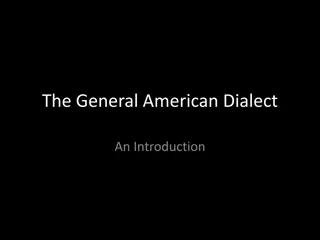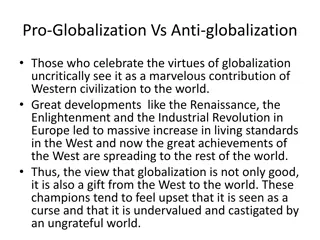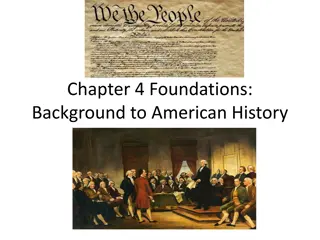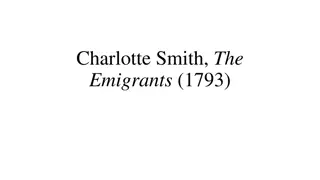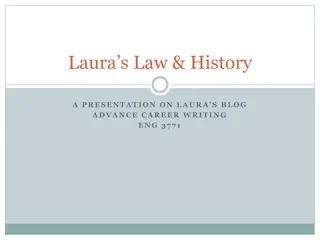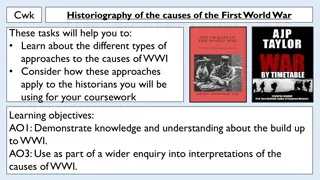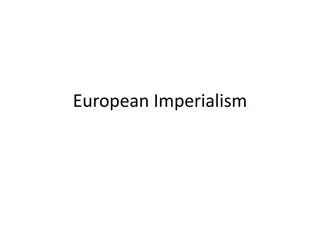Exploration of American Imperialism Through Historical Events
American imperialism, characterized by extending control over weaker regions for economic and political gain, is exemplified through events like Hawaii's annexation and China's Open Door Policy. The impacts of imperialism on native populations, such as Hawaiians and the Chinese, raise questions about its ethical implications and the potential for a resurgence of imperialist tendencies in human history.
Download Presentation

Please find below an Image/Link to download the presentation.
The content on the website is provided AS IS for your information and personal use only. It may not be sold, licensed, or shared on other websites without obtaining consent from the author. Download presentation by click this link. If you encounter any issues during the download, it is possible that the publisher has removed the file from their server.
E N D
Presentation Transcript
American Imperialism
Imperialism The policy in which stronger nations extend their economic, political and military control over weaker regions Motivations for U.S. Imperialism Competition with European powers Desire for military strength Desire for overseas markets Need for raw materials Ethnocentrism; Cultural superiority complex
Address this prompt Do you think the theme of imperialism and creating large empires will return to human history? X4 corners .Justify your position!
Hawaii Hawaii The United States began trading with Hawaiians as early as 1790 and by 1830 began buying land and establishing sugar plantations The Sugar industry grew quickly and gradually the Americans took control of most of the land and businesses Hawaiians began to resist the growing influence of Americans and Queen Liliuokalani took away powers the sugar planters held The American Sugar planters revolted, overthrowing Queen Liliuokalani and Hawaii was later annexed in 1898
How would you feel if you were a native Hawaiian? Why? Discuss
China China China was too weak to resist the efforts of foreign powers that wanted to exploit its vast resources China was divided into sections, or Spheres of Influence , where each foreign power enjoying special rights and powers In order to expand trading interest in China, the United States created an Open Door Policy Allowed each foreign power in China to trade freely in each others sections or Spheres of Influence The Boxer Rebellion A secret martial arts society known as The Boxers resisted these foreign powers in a violent uprising
What is at least one thing you find interesting about this painting? Why?
The Spanish The Spanish- -American War American War Cubans began fighting Spain for their independence and U.S. President McKinley sent the battleship USS Maine to protect American citizens and property After 3 weeks at anchor in the Havana Harbor, an enormous explosion shattered the battleship Yellow Journalism Exaggerates the truth to get an emotional response from the reader Although there was no proof, American newspapers blamed Spain for the explosion of the USS Maine To Hell with Spain, Remember the Maine! The Sinking of the USS Maine was used to justify declaring war on Spain in 1898 The Treaty of Paris Spain freed Cuba, gave the Islands of Guam and Puerto Rico, and sold the Philippines to the U.S. for $20
Do you think yellow journalism still exists today? Why or why not? What would it take for you to believe exaggerated reports?
Philippines Philippines Emilio Aguinaldo believed the United States promised independence from Spain after the terms of the Treaty of Paris, he rose in revolt in 1899 The Philippine-American War Filipinos used guerilla tactics Cost the U.S. $400 million After suppressing the rebellion the U.S. set up a provisional government The Philippines did not gain their independence until 1947
https://www.youtube.com/watch?v=v4Z9W7Q63ec https://www.youtube.com/watch?v=v4Z9W7Q63ec
America as a world power America as a world power The Monroe Doctrine 1823 Demanded that European countries stay out of affairs in Latin American nations The Roosevelt Corollary 1904 Warned that disorder in Latin America might force the United States to the exercise of an international police power The United States would now use force to protect it economic interests in Latin America The Panama Canal 1914 Officially ended Spain s dominance in the Western Hemisphere The Monroe Doctrine, Roosevelt Corollary and the Panama Canal all ensured European nations could no longer colonize the Western Hemisphere
Give at least three examples of American Imperialism. Please explain these examples in as much detail as you can remember!
